EU Now Solely Relies on Turkish Pipelines for All Russian Gas Imports After Closure of Ukrainian Pipelines
In a major shift in energy dynamics, the European Union (EU) now solely relies on Turkish pipelines for all Russian gas imports following the closure of Ukrainian pipelines. This development marks a significant turning point in the EU’s energy strategy, as it navigates the complex geopolitical landscape shaped by the ongoing conflict in Ukraine and the shifting allegiances in the global energy market.
The closure of Ukrainian pipelines, which had historically been one of the key transit routes for Russian gas to Europe, has forced the EU to adapt to new realities. With Turkey now acting as the central hub for transporting Russian gas to the EU, the energy relationship between these nations has become more critical than ever. This change is not only a testament to Turkey’s increasing influence in the global energy market but also highlights the broader energy challenges facing Europe amid ongoing political tensions with Russia.
The Significance of the Closure of Ukrainian Pipelines
Ukraine has long served as a vital transit country for Russian natural gas bound for Europe, with key pipelines like the “Brotherhood” pipeline playing a crucial role in delivering gas to various European nations. However, with the escalation of the Russia-Ukraine conflict and the growing political and economic isolation of Russia by Western countries, the Ukrainian pipelines have become increasingly unreliable.
As the war continues, Russian forces have targeted critical infrastructure in Ukraine, including the gas pipelines that were once essential for the flow of Russian energy supplies to Europe. In response, the EU has had to reassess its energy dependencies, seeking alternative routes and sources to ensure a stable supply of natural gas. The closure of the Ukrainian pipelines has been a significant blow to Europe’s energy security, as it forces the EU to turn to other sources and transit routes, notably those running through Turkey.
Turkey’s Role as the New Energy Corridor
Turkey has long been a key player in the global energy market, due to its strategic location bridging Europe and Asia. However, this recent shift underscores Turkey’s increasingly central role in the European energy landscape, as it becomes the primary transit route for Russian gas into the EU. The country’s extensive pipeline network, including projects such as the TurkStream pipeline, which connects Russia to Turkey and Europe, now stands as the sole route for Russian gas deliveries to the European Union.
TurkStream, which began operating in 2020, has become a critical piece of infrastructure for transporting Russian natural gas under the Black Sea to Turkey and onward to Europe. With the closure of Ukrainian pipelines, the EU is now highly dependent on Turkey for the continued flow of Russian gas, making Turkey a central player in the EU’s energy supply.
This shift has given Turkey increased leverage in its dealings with both Russia and the EU. Turkey’s position as a transit hub has allowed it to strengthen its diplomatic and economic relations with both parties. While the EU remains wary of Russia’s geopolitical maneuvers, it has no choice but to rely on Turkey as a crucial intermediary in securing its energy needs.
The Impact on the European Union
The EU’s dependence on Turkish pipelines for Russian gas imports is a double-edged sword. On one hand, it ensures that Europe continues to receive vital energy supplies during a period of uncertainty. On the other hand, it highlights Europe’s vulnerability in the face of the ongoing geopolitical conflict between Russia and Ukraine. The EU’s reliance on Turkey as a transit country for Russian gas could have significant political and economic implications, particularly as tensions between Russia and the West continue to escalate.
One of the key challenges for the EU is the potential for political pressure from Russia on Turkey. While Turkey has generally maintained a balancing act between Russia and the West, it remains a key NATO member and has been involved in various diplomatic efforts aimed at mediating the conflict between Russia and Ukraine. The delicate balance of Turkey’s relationships with both Russia and the EU means that any shift in its policy could have profound consequences for European energy security.
Moreover, the EU’s dependence on a single energy route poses risks in terms of supply disruptions. Natural gas supply chains are vulnerable to a range of risks, including political tensions, technical failures, and natural disasters. With the EU now reliant on Turkey for Russian gas, any disruption to the Turkish pipelines, whether due to political issues, technical malfunctions, or other unforeseen events, could leave Europe scrambling to find alternative sources of energy.
Diversification Efforts and the Future of European Energy Security
The closure of Ukrainian pipelines has prompted the EU to take more drastic steps toward energy diversification. European leaders have long recognized the need to reduce dependence on Russian energy supplies, and this shift has accelerated as a result of the war in Ukraine. In recent months, the EU has ramped up efforts to diversify its energy sources, investing in renewable energy, nuclear power, and liquid natural gas (LNG) imports from countries like the United States and Qatar.
Despite these efforts, the EU remains dependent on gas for a significant portion of its energy needs, and Russian natural gas still plays a major role in meeting demand. The EU has explored alternative pipeline routes, including increasing imports from Norway and Central Asia, as well as expanding its LNG infrastructure to reduce its reliance on Russian energy. However, these diversification efforts will take time, and in the short term, Turkey’s role as a key transit point for Russian gas is unlikely to diminish.
In the long term, the EU aims to reduce its reliance on fossil fuels altogether by transitioning to more sustainable sources of energy. The European Green Deal, which aims to make Europe the first climate-neutral continent by 2050, is a major component of this strategy. However, the transition to a greener, more self-sufficient energy model will take decades to achieve, and in the meantime, the EU will remain dependent on countries like Turkey for key energy supplies.
Geopolitical Tensions and the Role of Turkey
The EU’s dependence on Turkish pipelines for Russian gas imports underscores the complex geopolitical dynamics at play. Turkey’s role as an intermediary between Russia and the EU places it in a unique position of influence, but also creates tensions within the broader geopolitical context. Turkey’s ties with Russia, particularly in the energy sector, have grown stronger in recent years, as both countries seek to deepen their economic and strategic cooperation.
At the same time, Turkey’s NATO membership and its alignment with Western countries on certain issues—such as its support for Ukraine—create a delicate balancing act. The EU’s reliance on Turkish pipelines gives Turkey considerable leverage over its relationship with the West, as it can exert influence over the flow of Russian gas to Europe.
Furthermore, any deterioration in Russia-Turkey relations, or shifts in Turkey’s political alignment, could have significant consequences for European energy security. In this context, the EU faces a complex challenge of managing its energy needs while navigating a delicate geopolitical situation that involves multiple competing interests.
In Conclusion
The EU’s exclusive reliance on Turkish pipelines for all Russian gas imports after the closure of Ukrainian pipelines represents a significant shift in European energy dynamics. While Turkey has become an essential player in ensuring Europe’s energy security, this newfound dependence also presents risks in terms of geopolitical leverage, supply disruptions, and longer-term energy diversification efforts.
As Europe continues to diversify its energy sources and work toward greater sustainability, Turkey’s role as a key energy transit hub will likely remain critical for the foreseeable future. The evolving relationship between the EU, Russia, and Turkey will continue to shape the future of European energy security, as well as the broader geopolitical landscape in the years ahead.
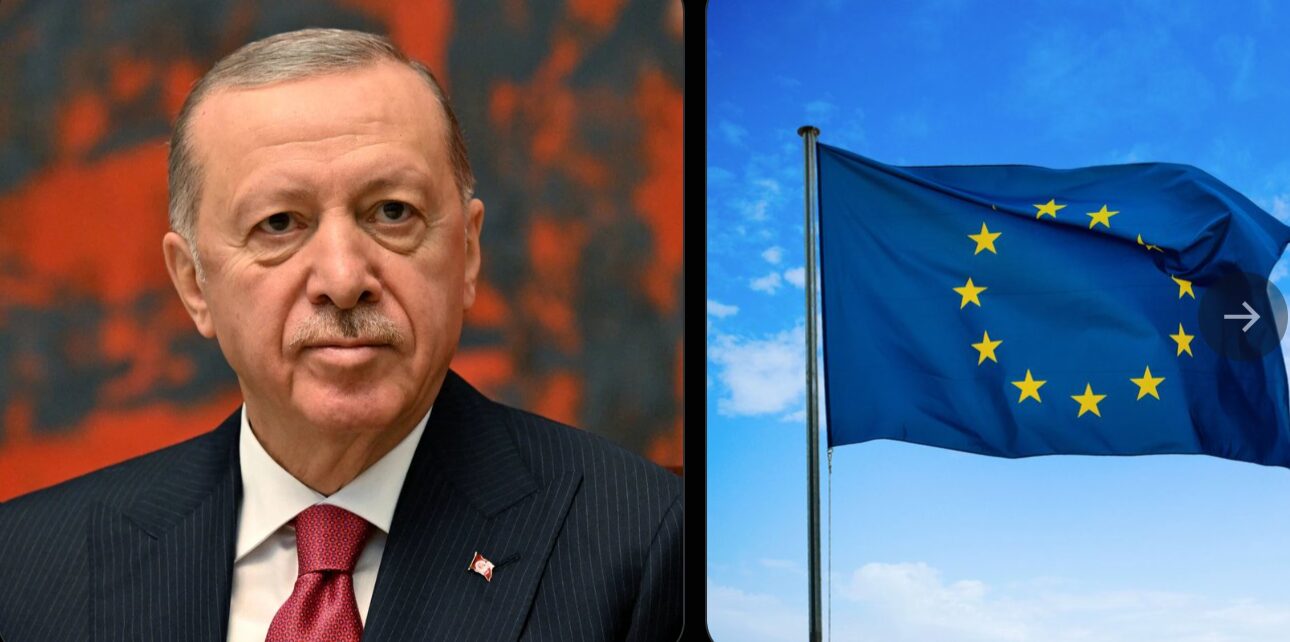
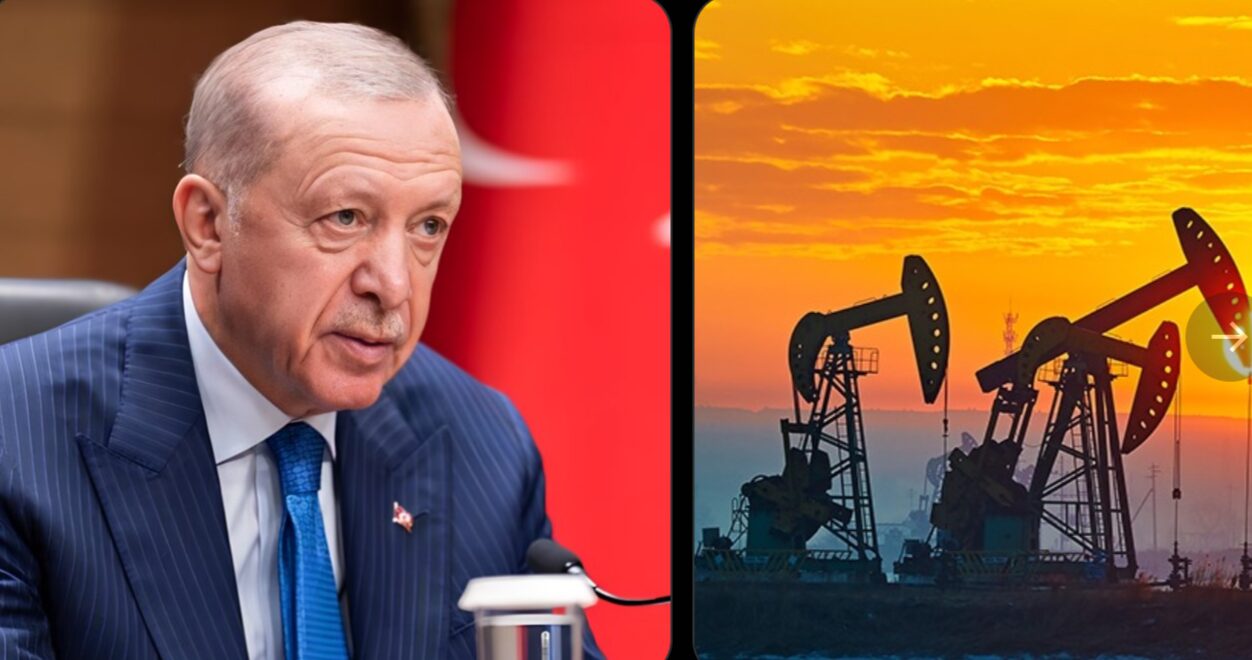
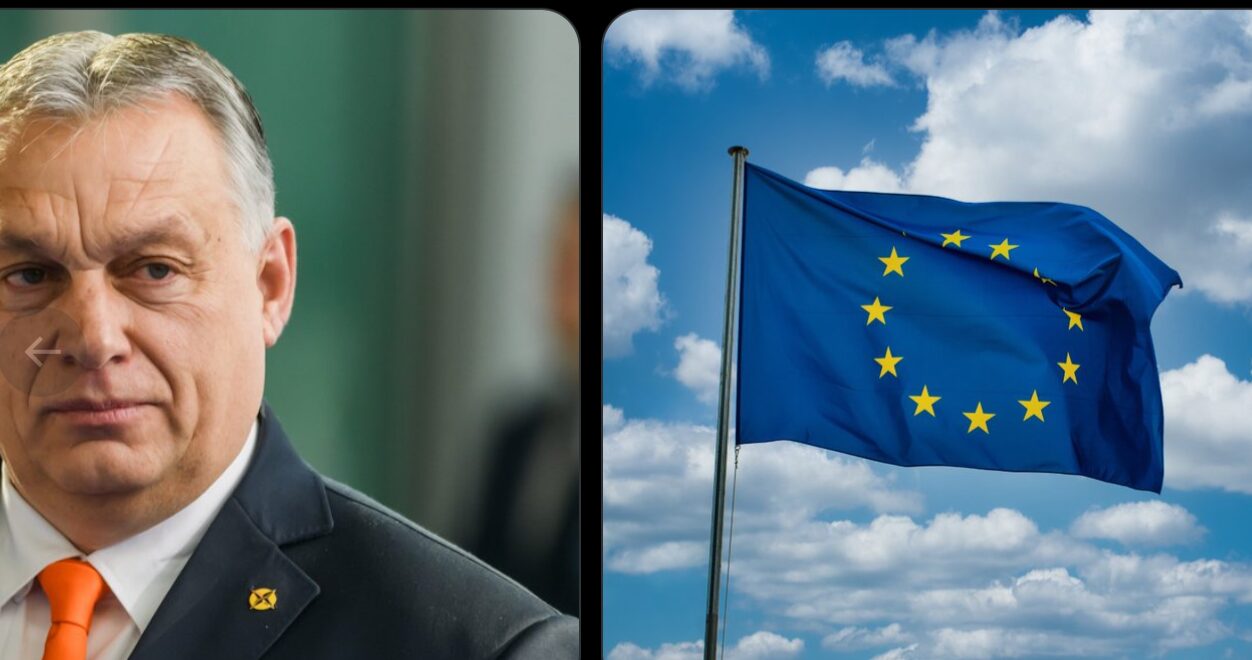
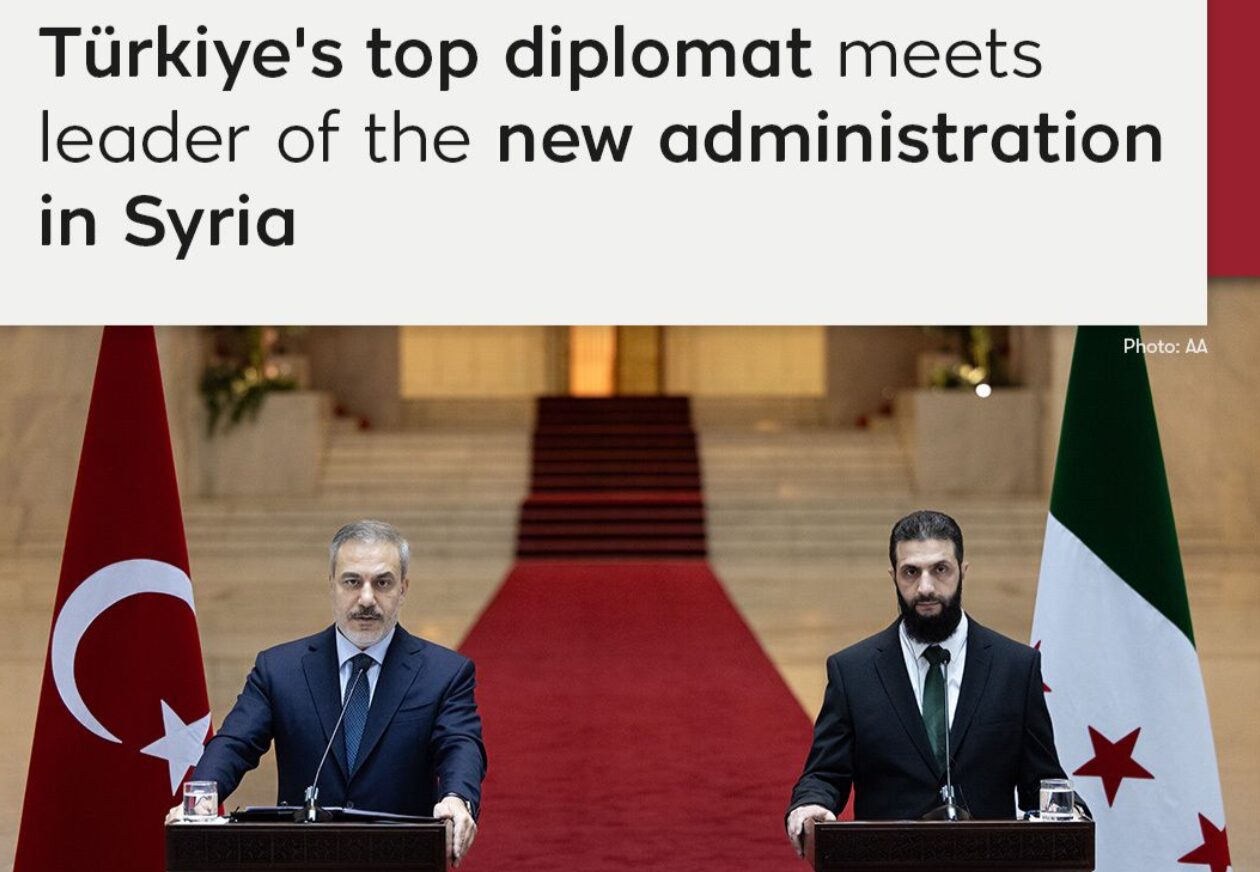
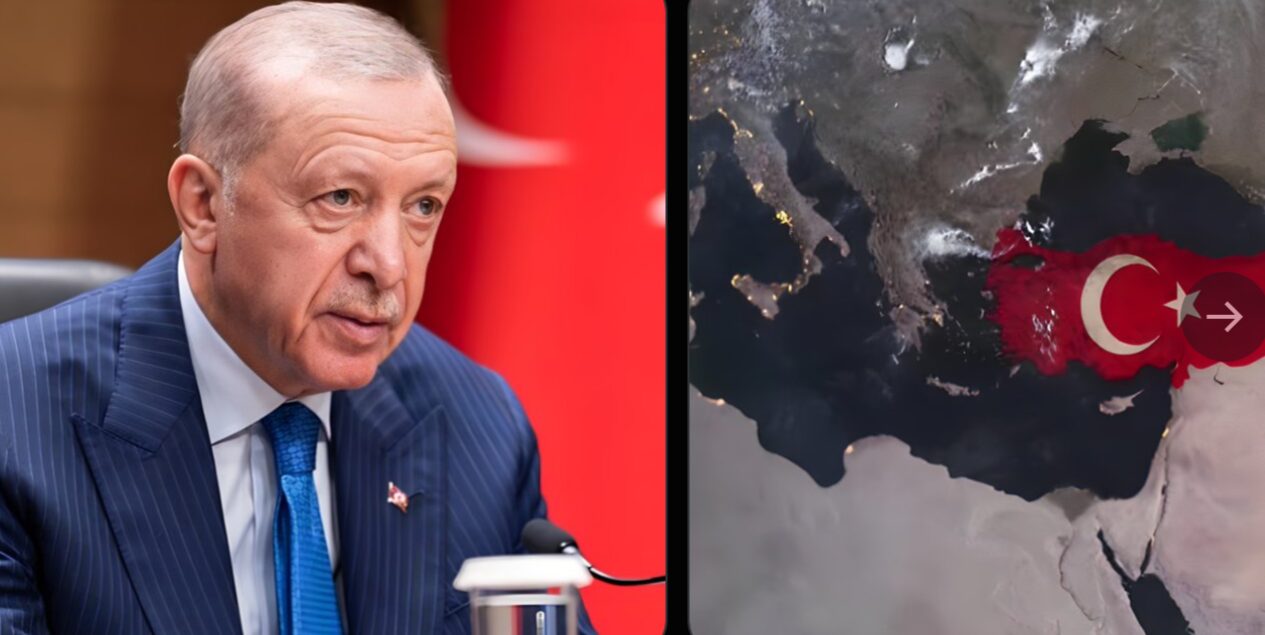

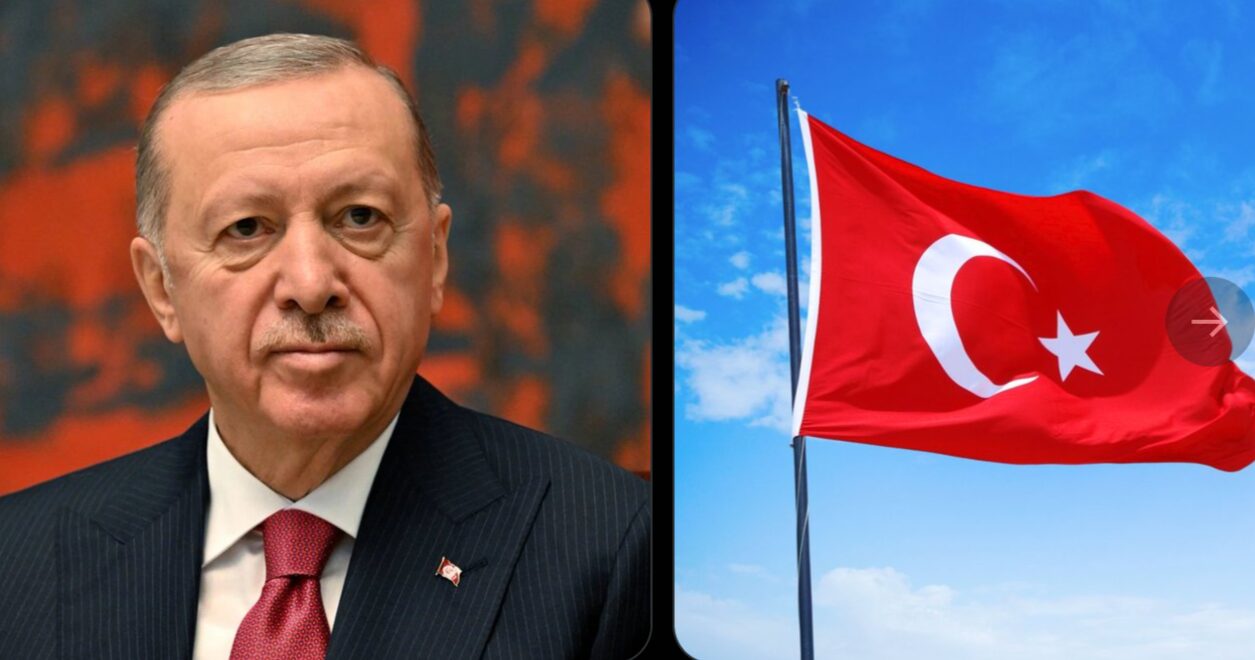










Post Comment